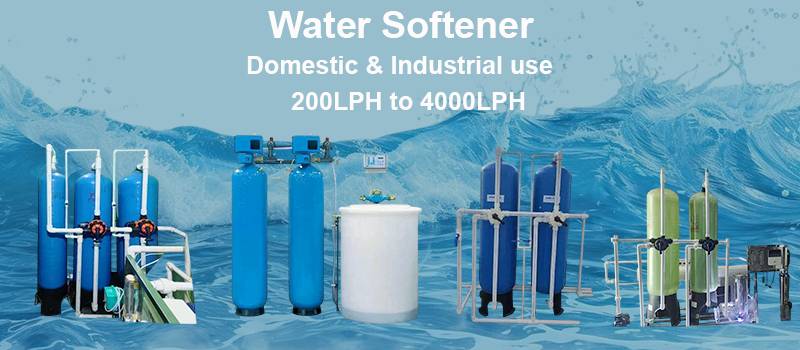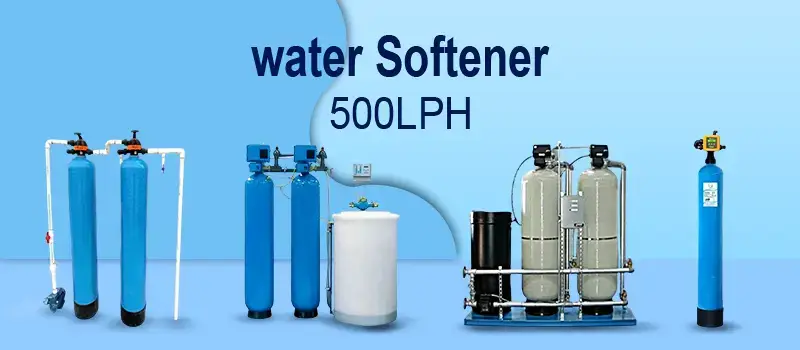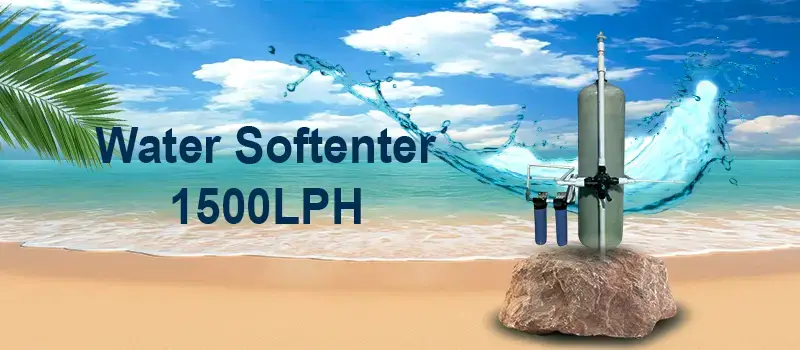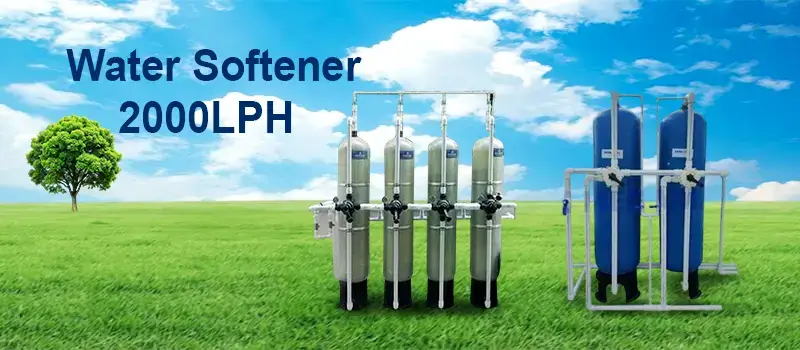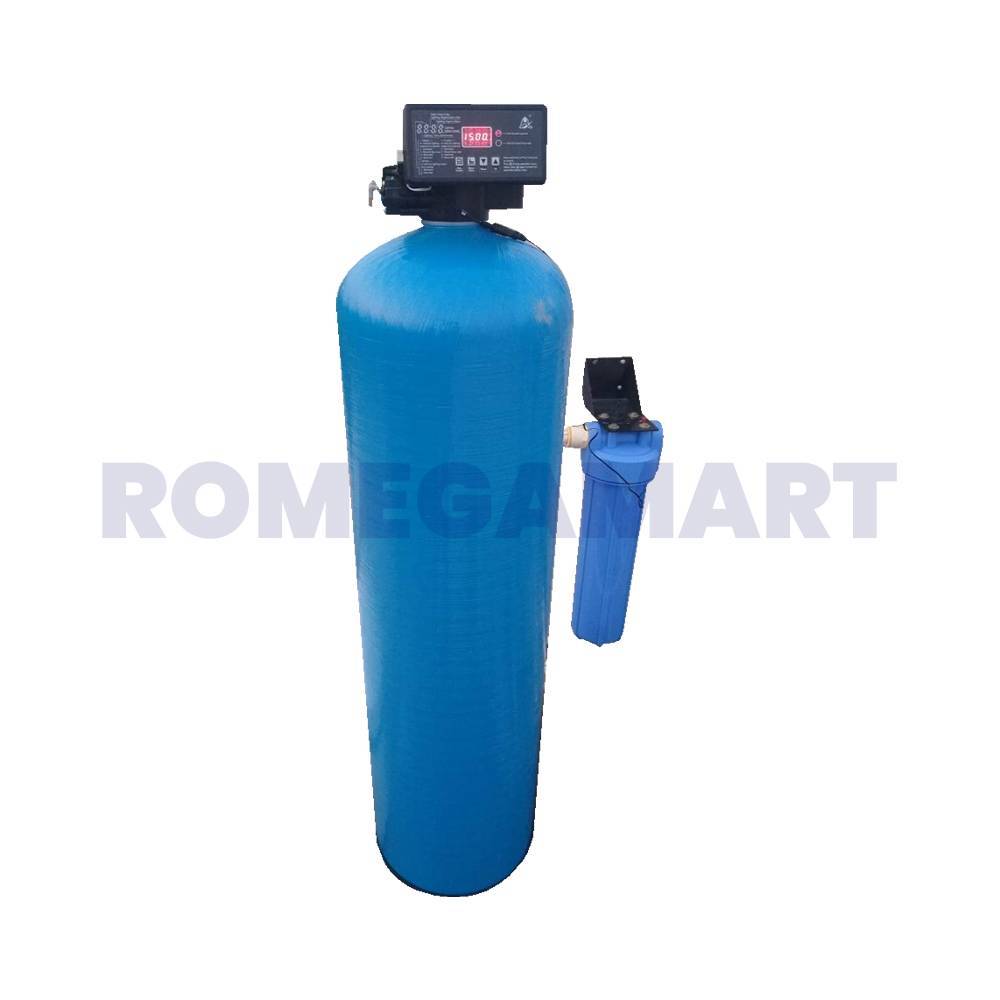RO Water Softener in Assam
Water Softeners – Complete Guide to Industrial & Commercial Water Softener Systems
Hard water is one of the most common water quality problems faced by industries, commercial establishments, and residential complexes across India. Excess hardness in water leads to scaling, equipment damage, high maintenance costs, and reduced efficiency of RO water purifier systems.
This is where Water Softeners play a critical role.
At Romegamart, India’s trusted B2B marketplace dedicated exclusively to RO water purifier and water treatment solutions, we provide a complete range of water softeners designed to work in combination with RO systems. This in-depth guide explains everything you need to know about water softeners, their importance, applications, capacities, and why romegamart.com is the preferred sourcing platform.
What Is a Water Softener?
A Water Softener is a water treatment system used to remove hardness-causing minerals, mainly calcium and magnesium, from water. These minerals are responsible for scale formation in pipelines, boilers, heat exchangers, and RO membranes.
Water softeners are commonly used as pre-treatment systems for RO water purifiers, especially in industrial and commercial applications.
Why Water Softeners Are Important in RO Water Treatment
Hard water directly affects the performance and life of RO water purifier systems.
Problems Caused by Hard Water
-
Scaling on RO membranes
-
Reduced membrane life
-
Higher energy consumption
-
Frequent RO maintenance
-
Pipe and equipment blockage
How Water Softeners Help RO Systems
-
Prevent scaling
-
Improve RO efficiency
-
Reduce membrane fouling
-
Lower operating cost
-
Extend RO system life
That is why water softeners are an essential part of RO-based water treatment setups.
How Water Softeners Work
Water softeners operate on the ion exchange process.
Ion Exchange Process Explained
-
Hard water passes through a resin bed
-
Calcium and magnesium ions are exchanged with sodium ions
-
Softened water exits the system
-
Resin is regenerated using a salt solution
This process ensures a consistent soft water supply for downstream RO systems and industrial equipment.
Types of Water Softeners Available
Romegamart focuses on industrial and commercial water softeners compatible with RO water purifiers.
1. Manual Water Softeners
Suitable for small-scale applications where manual regeneration is acceptable.
2. Automatic Water Softeners
Equipped with automatic multi-port valves for scheduled regeneration.
3. Industrial Water Softeners
High-capacity systems designed for continuous industrial use.
Water Softener Capacity Range
Romegamart offers water softeners in multiple capacities to suit different requirements:
200 LPH Water Softener
Ideal for small commercial units, laboratories, and small RO plants.
500 LPH Water Softener
Used in restaurants, clinics, and small manufacturing units.
1000 LPH Water Softener
Suitable for hotels, hospitals, and medium-scale RO systems.
1500 LPH Water Softener
Designed for industrial processes and larger commercial operations.
2000 LPH Water Softener
Used in manufacturing units and industrial RO plants.
3000 LPH Water Softener
Heavy-duty solution for continuous industrial water treatment.
4000 LPH Water Softener
High-capacity system for large industries and centralized RO plants.
Other Customized Water Softeners
Custom capacities available based on raw water quality and flow requirements.
Applications of Water Softeners
Water softeners are widely used across multiple sectors where RO water purifiers are installed.
Industrial Applications
-
Manufacturing plants
-
Textile and dyeing industries
-
Pharmaceutical industries
-
Food and beverage units
-
Chemical processing plants
Commercial Applications
-
Hotels and resorts
-
Hospitals and healthcare facilities
-
Malls and commercial buildings
-
Educational institutions
RO Water Treatment Applications
-
Pre-treatment for RO plants
-
Boiler feed water
-
Cooling tower water
-
Process water preparation
Importance of Water Softeners in Industrial RO Plants
In industrial RO plants, untreated hard water can cause irreversible membrane damage.
Benefits in Industrial RO Systems
-
Stable RO performance
-
Reduced chemical cleaning frequency
-
Lower downtime
-
Consistent permeate quality
-
Reduced operational cost
For this reason, water softeners are considered a mandatory pre-treatment component in industrial RO plants.
Key Components of a Water Softener System
Romegamart supplies water softeners built with industrial-grade components:
-
FRP or MS vessels
-
High-quality resin media
-
Multi-port control valves
-
Brine tank
-
Salt grid and distributor system
All components are designed for long-term compatibility with RO water purifier systems.
Difference Between Water Softeners and RO Systems
| Aspect | Water Softener | RO Water Purifier |
|---|---|---|
| Removes hardness | Yes | Yes (partial) |
| Removes TDS | No | Yes |
| Removes bacteria | No | Yes |
| Used as pre-treatment | Yes | Main treatment |
| Increases RO life | Yes | N/A |
Water softeners and RO systems work together, not as replacements.
Advantages of Using Water Softeners
-
Prevents scale formation
-
Protects RO membranes
-
Improves energy efficiency
-
Reduces detergent and chemical usage
-
Increases equipment lifespan
-
Enhances overall water treatment performance
Why Choose Romegamart for Water Softeners?
Romegamart.com is a specialized B2B platform exclusively focused on RO water purifier and water treatment solutions.
Romegamart Key Advantages
-
✔ Only RO & water treatment products
-
✔ Wide range of water softener capacities
-
✔ Industrial-grade build quality
-
✔ Compatible with RO plants
-
✔ Wholesale & bulk pricing
-
✔ Pan-India delivery
-
✔ Trusted by EPC contractors & industries
Water Softener Selection Criteria
Before choosing a water softener, consider:
-
Raw water hardness level
-
Required flow rate (LPH)
-
RO plant capacity
-
Regeneration frequency
-
Space availability
-
Automation level
Romegamart helps buyers select the right water softener for their RO water treatment setup.
Maintenance of Water Softeners
Proper maintenance ensures consistent performance:
-
Regular salt refilling
-
Periodic resin inspection
-
Valve cleaning
-
Monitoring hardness levels
Well-maintained water softeners significantly reduce RO maintenance cost.
Cost of Water Softeners
The cost of water softeners depends on:
-
Capacity (LPH)
-
Type (manual or automatic)
-
Vessel material
-
Resin quality
Romegamart offers cost-effective water softeners without compromising performance.
Role of Water Softeners in Sustainable Water Management
Water softeners help:
-
Reduce water wastage
-
Improve RO recovery rate
-
Lower chemical usage
-
Support sustainable industrial operations
This makes them a vital part of modern water treatment systems.
Future Demand for Water Softeners
With increasing hardness levels in groundwater and growing use of RO plants, the demand for water softeners is rising rapidly.
Key growth drivers include:
-
Industrial expansion
-
Rising groundwater hardness
-
Increased RO plant installations
-
Focus on equipment protection
Conclusion – Best Water Softeners for RO Systems from Romegamart
Water softeners are not optional—they are essential for ensuring the efficient and long-term performance of RO water purifier systems. From preventing scale to reducing operational costs, water softeners play a critical role in industrial and commercial water treatment.
Romegamart.com is your trusted B2B destination exclusively for RO water purifier and water treatment solutions, offering a complete range of water softeners from 200 LPH to 4000 LPH and beyond, designed to integrate seamlessly with RO systems.
If you are a distributor, EPC contractor, industrial buyer, or commercial user, Romegamart provides reliable, scalable, and cost-effective water softener solutions tailored to your RO water treatment needs.



